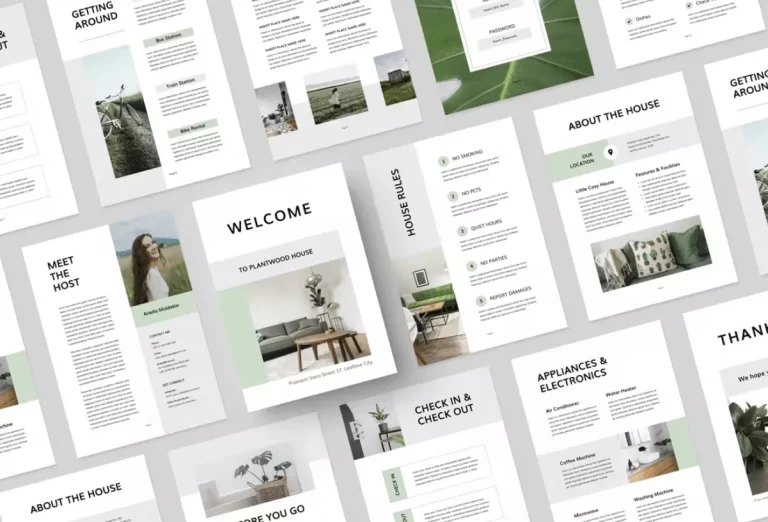What is active interviewing? Eric Kramer, author of Active Interviewing, says: An active interviewer should guide but not control the interview. The interviewee takes on an active participant role. Kramer relates the job interview to a sales call involving a buyer (the employer) and seller (the interviewee).
What is an active expert interview?
The Active Interview takes a constructionist perspective on the interviewing process and interview products. … Working together, the interviewer and narrator actively construct a story and its meaning. Interviewing, then, is inherently collaborative and problematic.
What is active in Holstein and gubrium’s vision of the Active interview?
Following Holstein and Gubrium (1997) , these interviews were ‘active’: interviewing is a social interaction between the researcher, the second author, and the participants, thus, transcripts reflect a process of joint meaning making.
Which interview is the best?
As mentioned, when the interviewer sticks to deep, specific behavioral questions for each role the candidate has held, the structured behavioral interview is by far the best predictor of successful hires because a candidate’s actual past performance is the best predictor of their future success.
What is Active Directory interview questions?
Top Active Directory Interview Questions & Answers
- What do you mean by Active Directory? …
- Name the default protocol used in directory services? …
- Define SYSVOL? …
- Define the term FOREST in AD? …
- What is Kerberos? …
- What do you mean by lingering objects? …
- Define Active Directory Schema? …
- Name the components of AD?
How do see yourself in 5 years?
How to answer ‘where do you see yourself in five years?’in an interview
- Get clear about your career goals. Take some time to brainstorm what your career goals are for the next five years. …
- Find connections between your goals and the job description. …
- Ask yourself if the company can prepare you for your career goals.
How do you become an active listener in an interview?
What is active listening?
- Focus, focus, focus. So many of our daily conversations are interrupted and ultimately degraded by a whirlwind of external distractions. …
- Hear with your ears and your eyes, and your brain. …
- Put yourself in the interviewers position. …
- Paraphrase and query to fine-tune the Q&A.
How do you listen during an interview?
4 ways to show you are listening:
- Answer the question being asked. Seems obvious, but sometimes, people answer what they THINK is the question being asked. …
- Your body language should show you are engaged. Lean slightly forward. …
- Take notes during the interview. …
- Tie your answers back to things that were said earlier.
What are the top 5 questions to ask an interviewer?
Asking questions of the interviewer shows that you’re interested in them as a personand that’s a great way to build rapport.
- How long have you been with the company?
- Has your role changed since you’ve been here?
- What did you do before this?
- Why did you come to this company?
- What’s your favorite part about working here?
What are 3 good interview questions?
Consider this list your interview question and answer study guide.
- Tell Me About Yourself.
- How Did You Hear About This Position?
- Why Do You Want to Work at This Company?
- Why Do You Want This Job?
- Why Should We Hire You?
- What Can You Bring to the Company?
- What Are Your Greatest Strengths?
What are three interview types?
There are three types of interviews: unstructured, semistructured, and structured.
What is Active Directory example?
Active Directory (AD) is a database and set of services that connect users with the network resources they need to get their work done. … For example, the database might list 100 user accounts with details like each person’s job title, phone number and password. It will also record their permissions.
What are roles in Active Directory?
Active Directory has five FSMO (generally pronounced FIZZ-mo) roles, two of which are enterprise-level (i.e., one per forest) and three of which are domain-level (i.e., one per domain). The enterprise-level FSMO roles are called the Schema Master and the Domain Naming Master.
What are Active Directory skills?
These Active Directory skills are always in high demand: Exchange Servers Implementation, Configuration, and Administration. Certificate Authority Installation, Configuration, and Administration. Hyper-V Virtual Machines Installation and Configuration. OCS Configuration and Administration.
Why should we hire you fresher?
Even though I am a fresher, I assure you that I will give my best and work to my full potential so that I can contribute as much as I can towards the growth and welfare of this great brand.
How do you introduce yourself?
- Stick to The Context. The essential thing to understand before introduce yourself is the context of the situation you are in. …
- Talk about who you are and what you do. …
- Make it relevant. …
- Talk about your contribution. …
- Go beyond what your title is. …
- Dress the part. …
- Prepare what you are going to say. …
- Body language.
Why do you want this job?
In my career, I am sure of one thing and that is I want to build a decent career in my current domain. My present job has shown me the path to move and attain what has been my long-term career objective. I have acquired necessary skills to some extent as well as have got accustomed to the corporate way of working.
What are the 3 A’s of active listening?
attitude, attention, and adjustment Listening is a conscious activity based on three basic skills: attitude, attention, and adjustment. These skills are known collectively as triple-A listening.
What are the 7 active listening skills?
7 Key Active Listening Skills
- Be attentive.
- Ask open-ended questions.
- Ask probing questions.
- Request clarification.
- Paraphrase.
- Be attuned to and reflect feelings.
- Summarize.
What are four examples of active listening?
Features of Active Listening
- Neutral and nonjudgmental.
- Patient (periods of silence are not filled)
- Verbal and nonverbal feedback to show signs of listening (e.g., smiling, eye contact, leaning in, mirroring)
- Asking questions.
- Reflecting back what is said.
- Asking for clarification.
- Summarizing.
What verbal cues should be avoided during interviews?
All images courtesy of Forbes Councils members.
- Fidgeting. …
- Speaking With Your Hands. …
- Making Yourself ‘Small’ …
- Prolonged Eye Contact Or Darting Eyes. …
- Pausing For Too Long Before You Answer. …
- Getting Distracted By Screens Or Objects In The Room. …
- Arriving Late. …
- Not Mirroring The Interviewer.
What are the three most important keys to success in interviews?
However, to ensure interview success, you need go into it with three things: insight into the employer’s perspective, as well as an idea of what to say and what not to say. Well-crafted responses to three of the most popular interview questions will help set you up to ace any interview.
What are 4 things you can do during an interview to ensure you project a positive attitude?
How to stay positive during an interview
- Foster your confidence.
- Use intentional body language.
- Present your qualifications favorably.
- Ask relevant questions.
- Prepare as much as you can.
What is your weakness best answer?
Example: My greatest weakness is that I sometimes have a hard time letting go of a project. I’m the biggest critic of my own work. I can always find something that needs to be improved or changed. To help myself improve in this area, I give myself deadlines for revisions.
How do you end an interview?
How to end an interview
- Ask specific and well-thought-out questions about the position and company.
- Reiterate your qualifications for the job.
- Inquire if the interviewer requires any additional information or documentation.
- Address any issues.
- Restate your interest in the position.
How do you close an interview?
10 types of closing statements for interviews
- Ask important questions.
- Discuss missing experience.
- Remind the hiring manager of your most important skills.
- Emphasize your passion for the position.
- Speak about the next steps.
- Determine if the employer needs more information.
- Finish with a polite conclusion.


